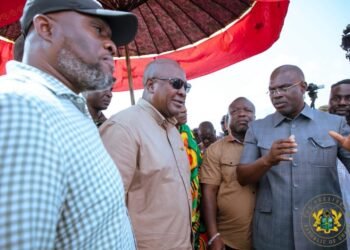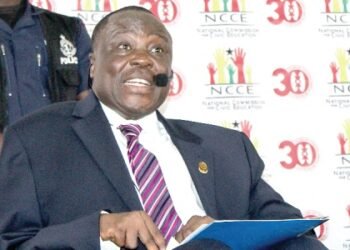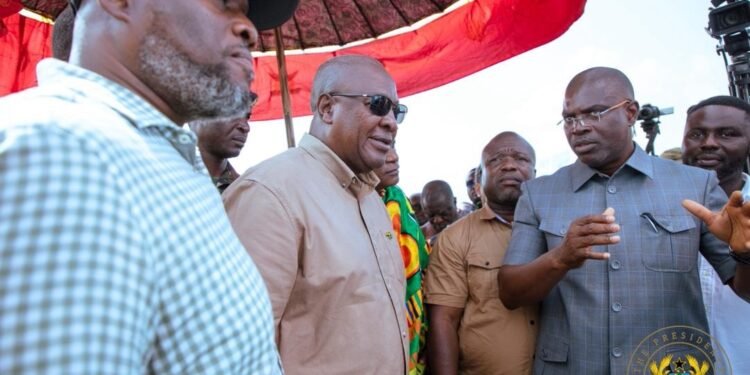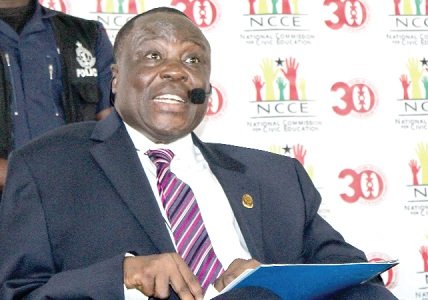Ranking Member of Parliament’s Health Committee, Mr. Kwabena Mintah Akandoh, has intimated that Ghana needs to domestically raise funds to sustain its immunization efforts.
Mr. Akandoh, who was speaking at an immunization financing forum, stated that there was the need to develop structures to finance immunization initiatives locally and not solely depend on external funding as has mostly been the case.
“We do not have to wait to be hit by the unexpected before we prepare towards it. Presently all initiatives towards epidemic preparedness and immunization are donor funded”.
Mintah Akandoh
Touching on fund generating avenues, Mr. Akandoh suggested that the government could look at generating funds from the nation’s oil revenues and the mining sector. This, he said, can fund the nation’s immunization vaccines and logistics.
“Whether you like it or not, there is a direct correlation between the health of the people and the economy of the country”.
Mintah Akandoh

COVID-19 contributed to hindrance in routine immunization
Also speaking at the forum, Mrs. Harriet Nuamah Agyemang, Senior Programmes Officer for SEND-Ghana disclosed that the country required over US$514,177,471 to fund immunization activities between 2020 and 2024 of the projected amounts, a little over half; USD 266,521879 has been assured.
According to Mrs. Nuamah, the onset of the COVID-19 contributed to some hindrances in routine immunizations services leading to a decline in the national coverage from 97.2 percent in 2019 to 94.2 percent in 2020.
Mrs. Nuamah further noted that before the COVID-19 pandemic, some districts in the Ashanti, Central, Western, Volta and Greater Accra regions recorded below 80 per cent coverage against the national figure of 97 percent.
“The COVID-19 pandemic has reiterated the importance of epidemic preparedness including routine immunization and vaccination”.
Harriet Agyemang
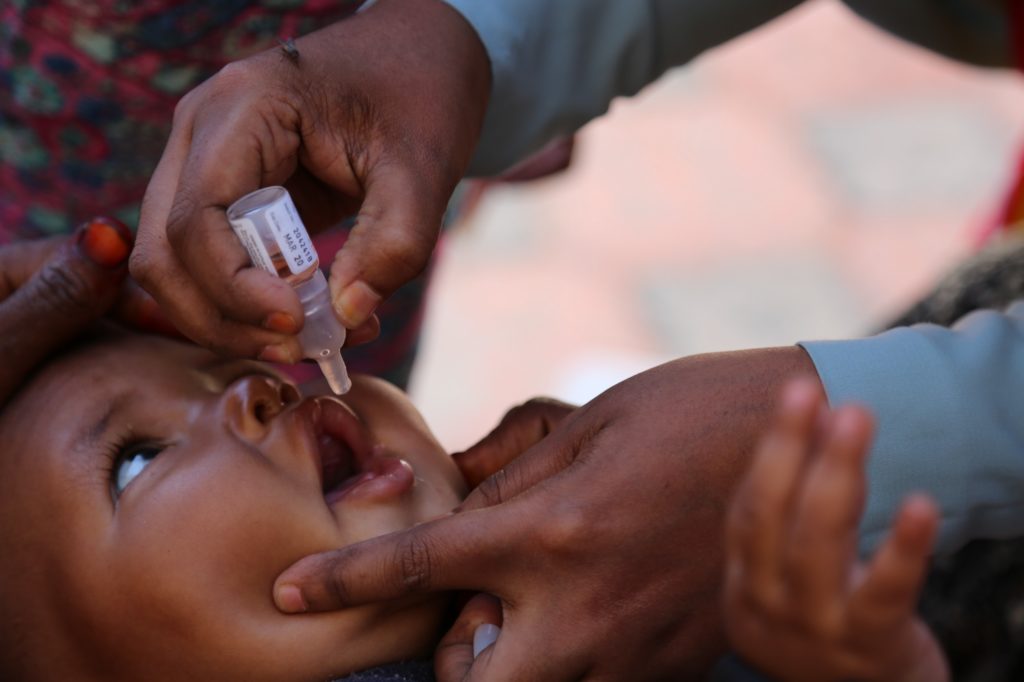
She posited that the implications of low immunization financing after 2026 could include the resurfacing of childhood diseases like polio, rubella, and measles.
The forum organized by SEND-Ghana, a non- governmental organization created a platform for stakeholders in the health sector to discuss how immunization vaccines and logistics can be domestically financed by the national and district budgets annually.
Government’s immunization efforts
As part of efforts to immunize citizens against the COVID-19 pandemic, government has procured over 1 million vaccines to help in that regard. However, government has indicated its plans of locally manufacturing these vaccines to help immunize the citizens against the current pandemic.
The President who announced this revealed that government of Ghana has committed a seed funding of 25 million U.S. dollars for the local production of COVID-19 vaccines. The President indicated that this will help with plans to establish a national vaccine institute, whose mandates will include establishing local vaccine manufacturing plants, deepening research and development for vaccines.




